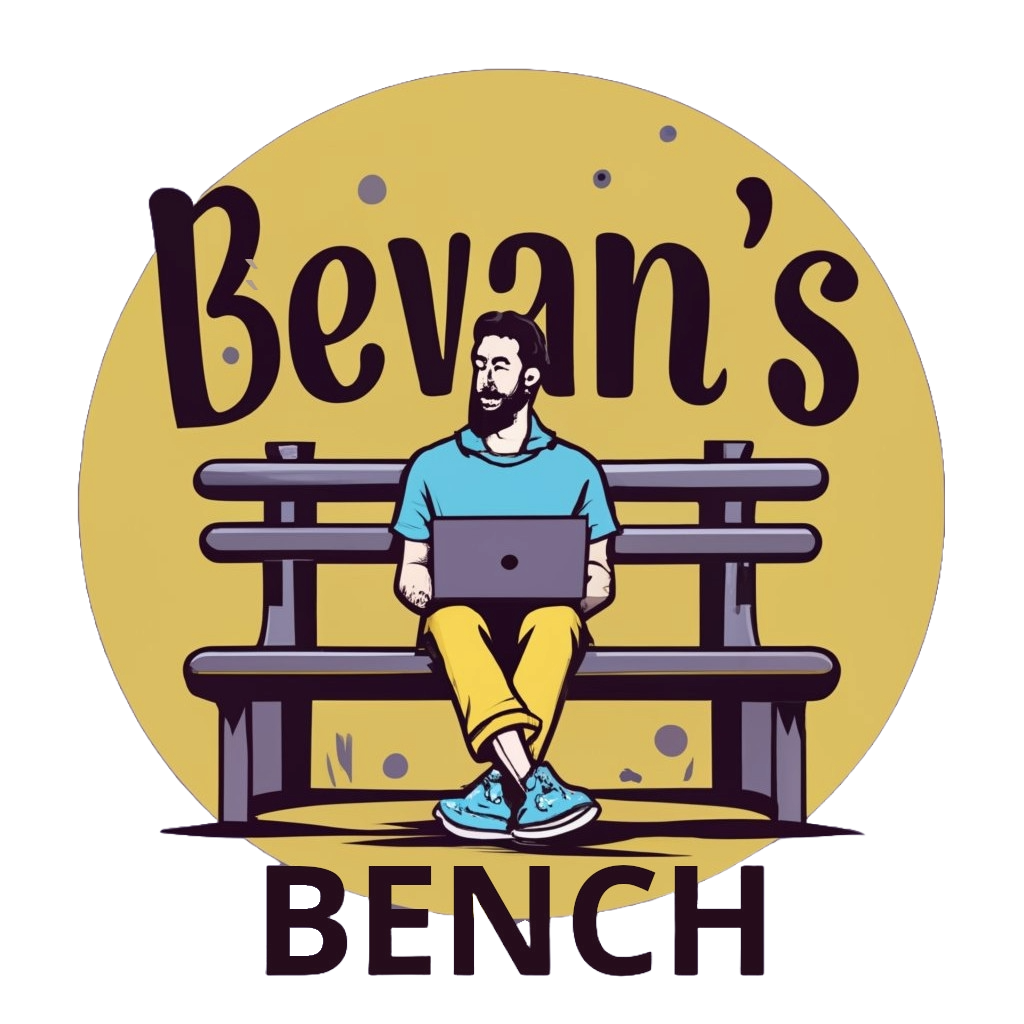-
API (Application Programming Interface): An API is like a set of rules and protocols that allows different software applications to communicate with each other. It's like a menu in a restaurant; you know what you can order, but you don't need to know how the kitchen prepares it. In our Drupal and PHP world, APIs are used to connect different modules, systems, or even third-party services.
-
SDK (Software Development Kit): An SDK is more like a toolbox. It contains a bunch of tools, libraries, code samples, documentation, and sometimes even APIs that help developers create applications more efficiently. Think of it as a full meal kit with all the ingredients and a recipe; it gives you everything you need to cook a specific dish.
So, in simple terms:
- An API is like a set of instructions that allows two different software to talk to each other.
- An SDK is a package that contains everything you need to build something, including APIs, tools, and documentation.
! SDKs can come packed with a variety of tools to make a developer's life easier.
-
Development Environments: Many SDKs include an Integrated Development Environment (IDE) tailored to the specific language or platform. It might have code editors, debuggers, and other tools to help you write and test your code.
-
Task Runners: These automate repetitive tasks like minification, compilation, unit testing, linting, etc. If you're working on a complex project, task runners can save you heaps of time.
-
Libraries and Frameworks: SDKs often include specific libraries and frameworks that are essential for developing within a particular platform or language. These can provide pre-written code to handle common tasks, making your coding more efficient.
-
Documentation: Comprehensive guides, tutorials, and API references are often included to help you understand how to use the tools and write code for that specific platform.
-
Code Samples and Templates: These can give you a quick start on your project by providing examples of how to use the SDK's tools and APIs.
-
Debugging Tools: Tools to help you find and fix errors in your code, often integrated into the IDE.
-
Build Tools: These help you compile and package your code, turning it into a runnable application.
-
Emulators and Simulators: If you're developing for a specific device or platform (like mobile), an emulator or simulator lets you test how your app will run without needing the actual hardware.
-
Version Control Integration: Some SDKs might even integrate with version control systems like Git, helping you manage changes and collaborate with others.
In our world of PHP and Drupal, tools like Composer, Drush, and various testing libraries might be part of an SDK tailored for Drupal development.

